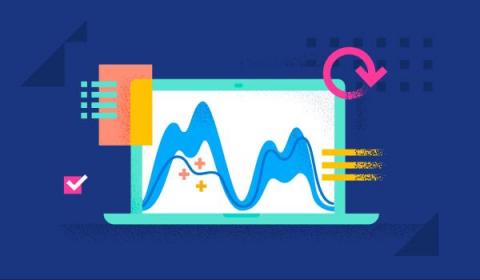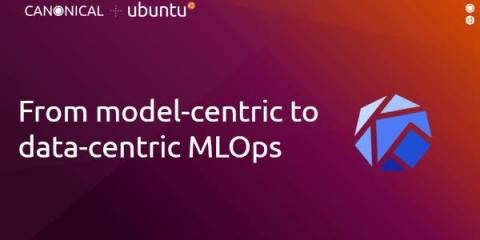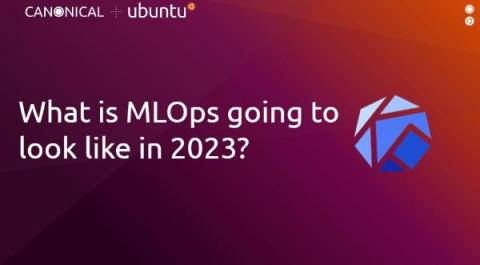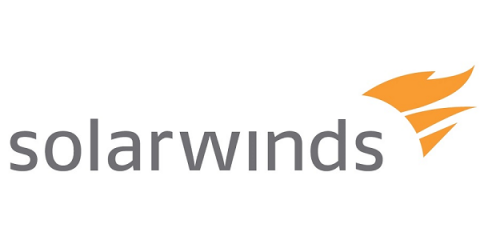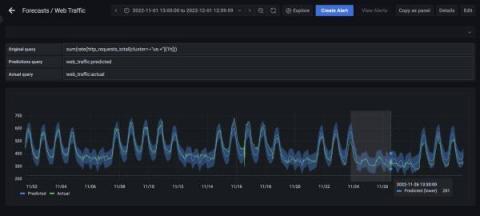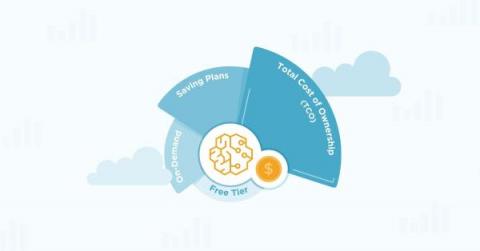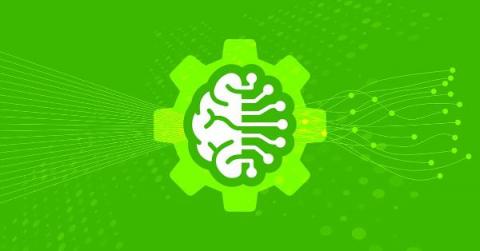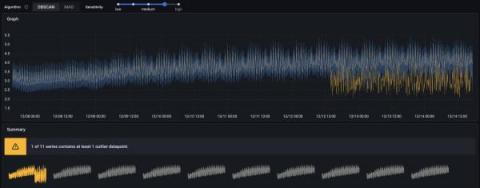Secure open source MLOps for AI/ML applications in financial services
The adoption of AI/ML in financial services is increasing as companies seek to drive more robust, data-driven decision processes as part of their digital transformation journey. For global banking, McKinsey estimates that AI technologies could potentially deliver up to $1 trillion of additional value each year. But productionising machine learning at scale is challenging.



